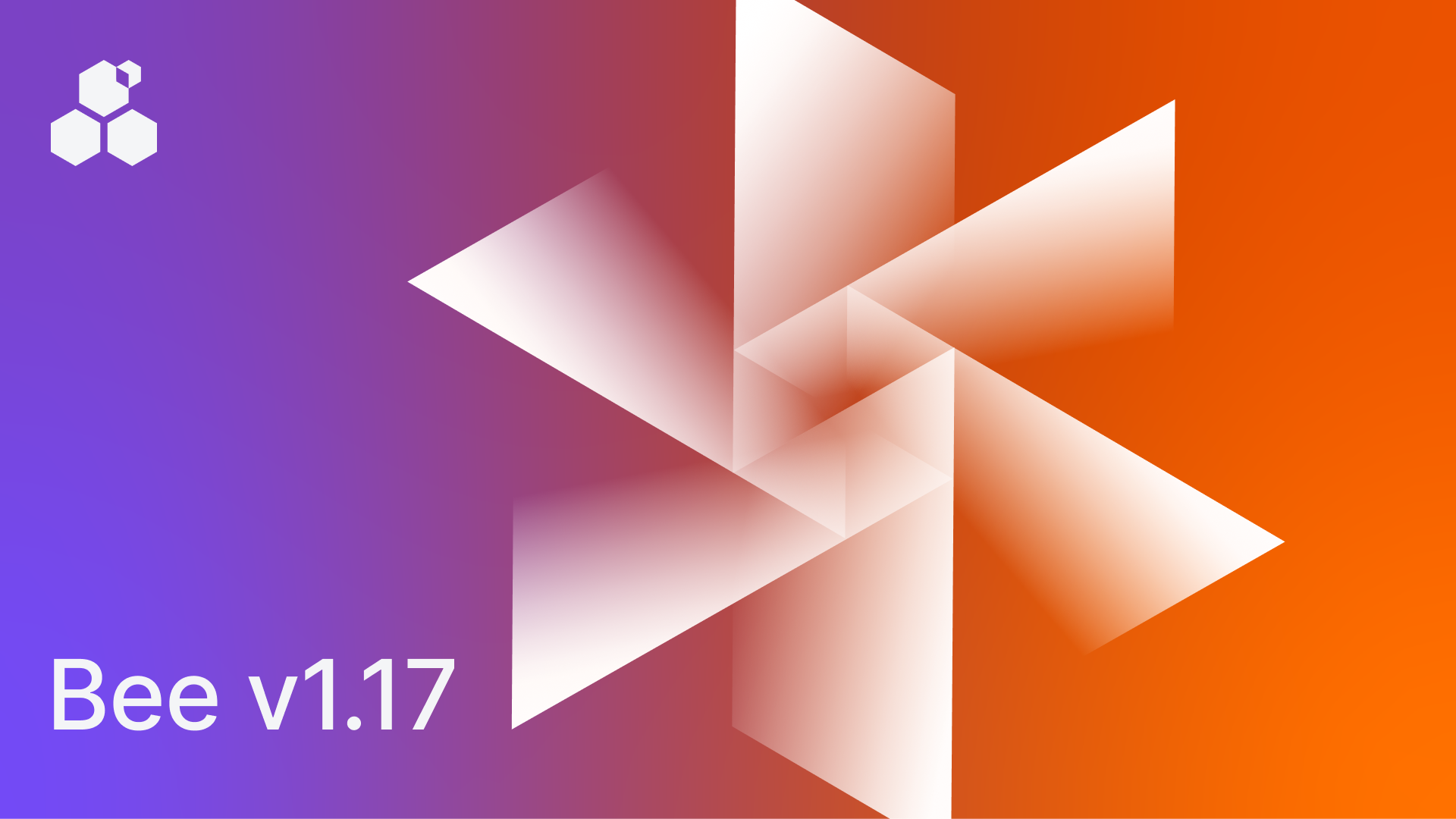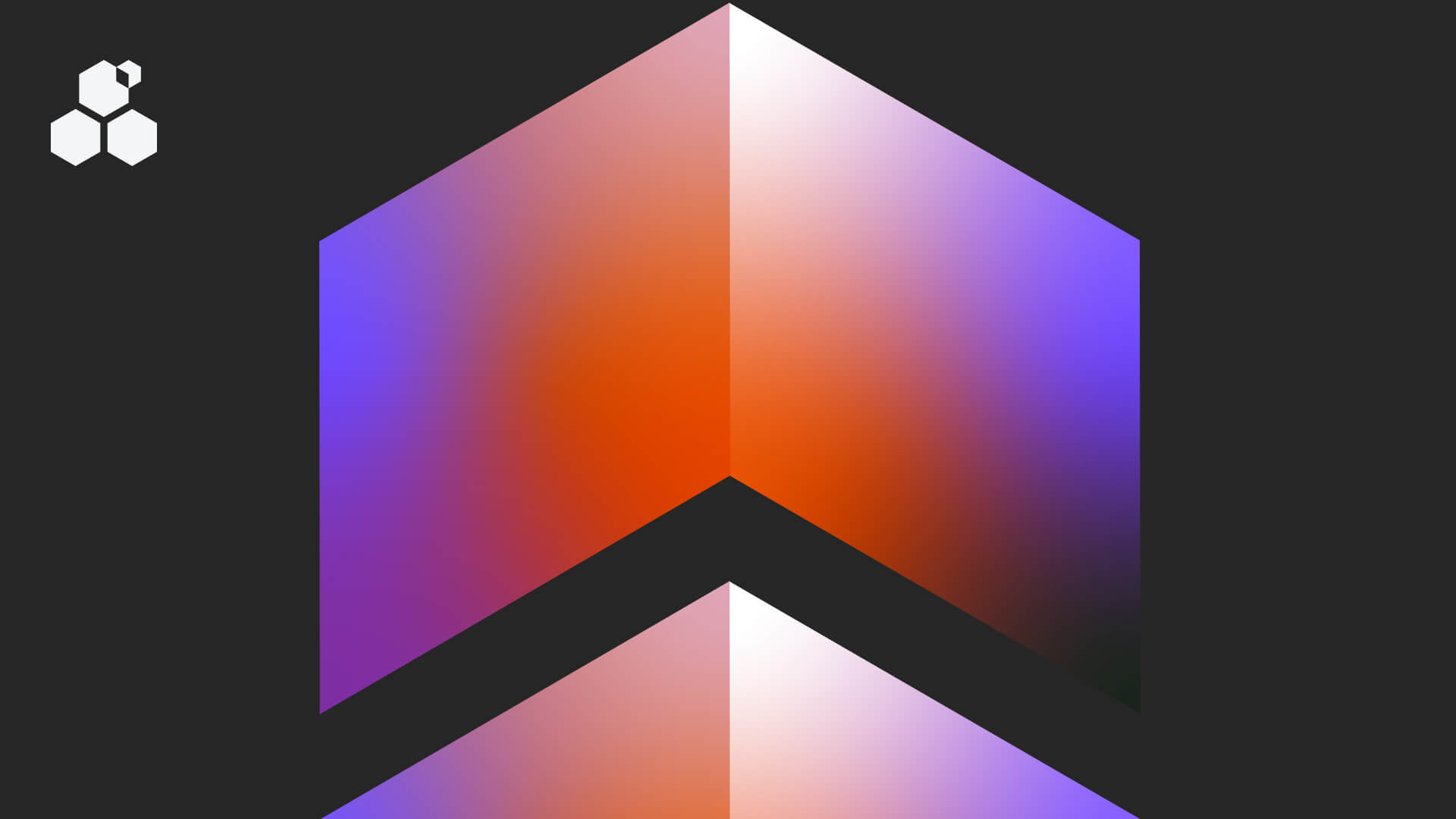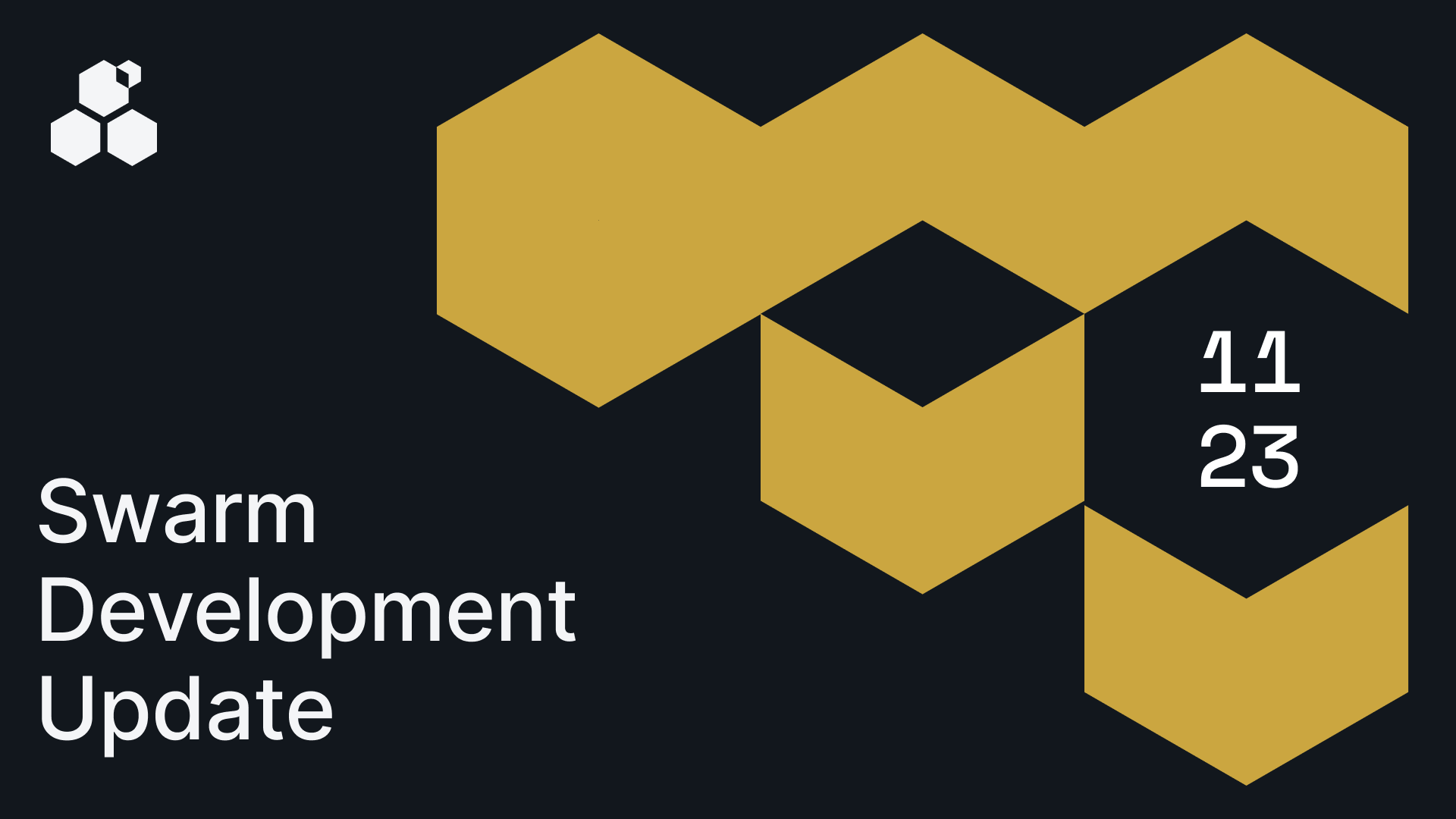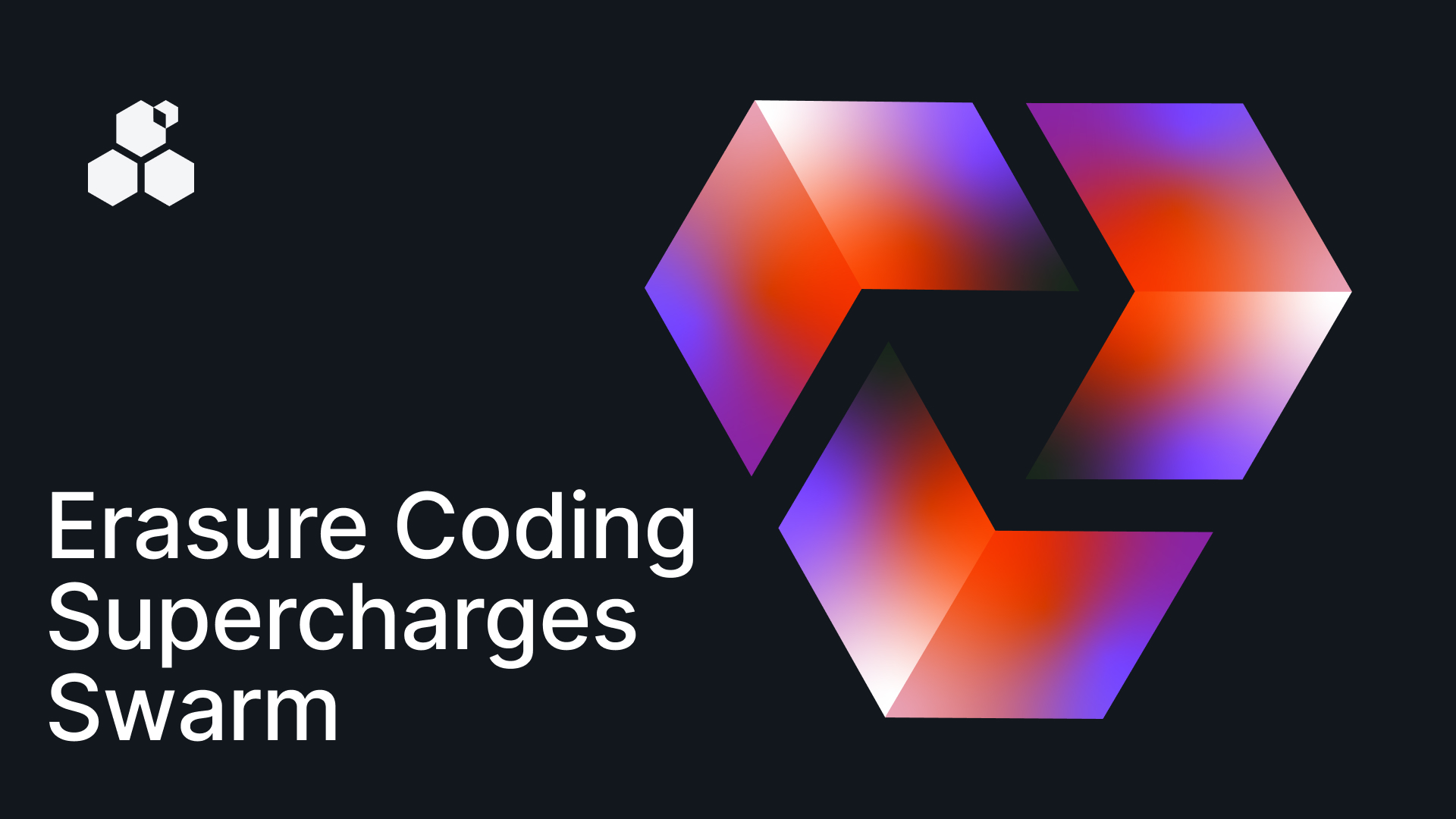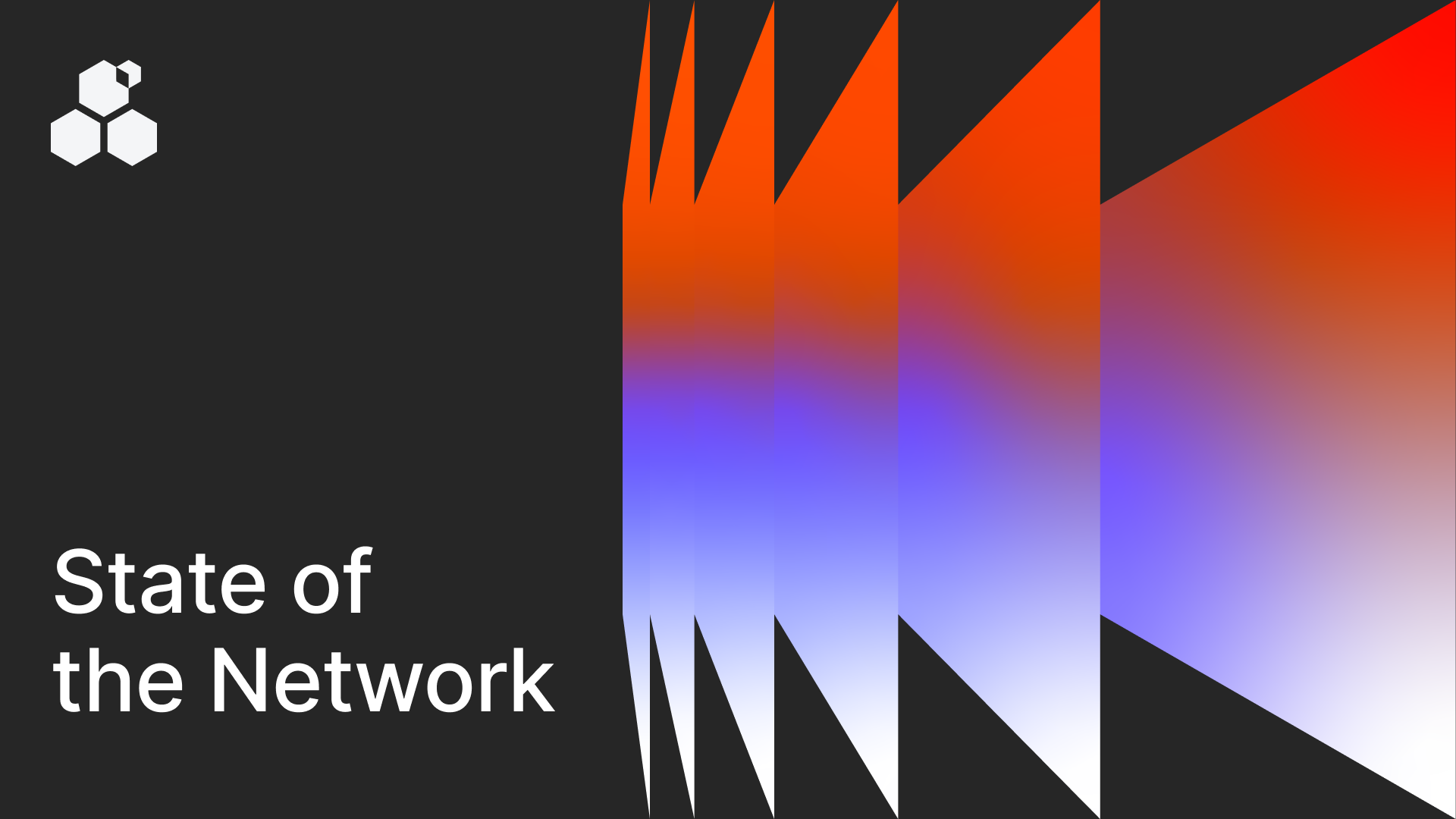gi *⚠️IMPORTANT⚠️: After the 1.17 release node operators should make sure to update their nodes as it is a breaking release and the update is required to keep participating in the network. Note that the update for a single node may take up to 25 minutes on slower drives. Also it is strongly recommended for nodes running on a shared physical disk to only update a single node at a time, since concurrently updating nodes on the same physical disk can lead to exponentially longer update times. See the release notes for more details after 1.17 goes live.*
Bee 1.17 is here! This update represents a significant step forward in terms of increased ease of code maintainability and reduced time for new feature development. With the storage incentives rollout nearing completion, the team has in recent months focused on the completion of the 1.17 update. The update will go live by the end of this week, and since it is a breaking update at the protocol level, all node operators should make sure to update their nodes. In addition to the protocol changes, there are also some minor breaking changes to the Bee HTTP API which we will cover below. Continue reading to learn more about the background and motivations behind the changes and improvements introduced in the newest version of Bee.
Improvements to Client Architecture
To understand the motivations behind the Bee 1.17 update we first need a grounding in the basics of the Bee client architecture. As explained by Bee team software engineer Esad in his recent talk (starting at minute 24) at the Swarm summit, the Bee client consists of four main parts, p2p communication, local storage, blockchain connection, and user interface (the HTTP API). Of these four parts, the 1.17 update is primarily focused on changes to local storage (and to the localstore component in particular). Local storage is split into two parts, the localstore and the statestore, which are closely interrelated. The localstore is responsible for the chunk reserve, and for uploading, caching, and removing chunks, while the statestore is responsible for managing data related to the node’s state, including an address book of other nodes, postage stamps, and bandwidth incentives.
Accelerating and Simplifying the Development Process
The pre-1.17 localstore had a monolithic design in which its various components were all interrelated so that any change made to one of its components could lead to unintended and unpredictable effects on other components. Throughout 2022 various issues related to the localstore’s monolithic design were identified. It became clear that in order to address these issues, a rewrite of the localstore was needed which would exchange the monolithic architecture for a modular one. In addition to solving the various issues linked to above, this rewrite has multiple other benefits including making the codebase easier to understand and work with, simplifying and accelerating the development process, and also making the onboarding process much faster for developers who are new to the project.
New Features and Changes for Node Operators and Developers
In addition to the changes made to the client architecture, the 1.17 update also includes several changes which are relevant to Bee node operators and Swarm DApp developers. For node operators, the 1.17 update includes breaking changes at the protocol level, so all node operators will be required to update their nodes in order to continue participating in the network. For Swarm developers, there are two new features they should be aware of. The first is support for multiple stamp batches for the same chunk. Previously only a single stamp batch was supported for each chunk. The second new feature is that the `stewardship PUT` endpoint now allows users to configure a stamp to use for re-upload. This allows pinned content to be uploaded with new stamps if the old stamp batch expires.
In addition to the breaking changes at the protocol level, there are also two breaking changes made to the HTTP API which Swarm DApp developers should be aware of. First, the `/tags` endpoint has been added to the main API has been deprecated in the Debug API. The tag response fields have also changed. Second, the DELETE `/chunk` endpoint has been deprecated, and support for it will be phased out.
Laying the Foundation for the Future of Bee
The Bee 1.17 update lays a firm foundation for the future development of the client. The improved architecture makes it faster and easier than ever to develop new features for Bee. Those improvements combined with the ongoing development of the Bee client technical specifications will soon enable the development of alternative Bee clients which will in turn strengthen the Swarm ecosystem.
Discussions about Swarm can be found on Reddit.
All tech support and other channels have moved to Discord!
Please feel free to reach out via info@ethswarm.org
Join the newsletter! .
